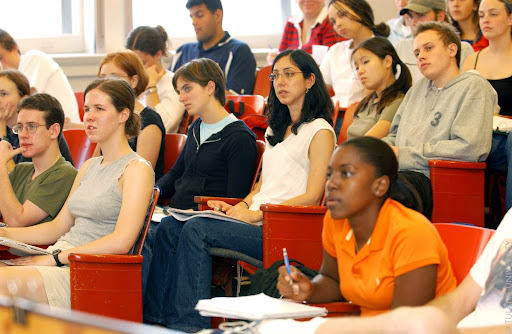Which is more important to fight: racial oppression or gay discrimination?
This shouldn’t be a question we ask ourselves. The two are equally important, and those who call themselves advocates of equality and fight for one should fight for the other.
The conflict between civil and gay rights has been around for decades, arguing over which is more oppressive and more deserving of immediate attention.
Recently, we saw this struggle return with Kansas’ House Bill No. 2453, commonly referred to as the “Anti-Gay Jim Crow Law.” While it wasn’t passed, it stirred up a lot of controversy. One such conflict is that race rights’ advocates have been protesting the name “Jim Crow.”
Their reason? The gay rights movement has not seen as much oppression as the civil rights movement and therefore doesn’t warrant the same name for its discriminatory laws.
Let’s be clear — the act in Kansas would have been an abomination. It would have made it legal for anyone to refuse service to the LGBTQ community “if it would be contrary to the sincerely held religious beliefs of the individual or religious entity regarding sex or gender.”
Was the bill on the same level of oppression as the beating and scarring that took place, and still take place, against minorities? Of course not. Does that mean it shouldn’t be treated with the same level of outcry and protest? Of course not.
Maybe we shouldn’t call the Kansas bill the “Anti-Gay Jim Crow Law.” But we should call it unacceptable.
Injustice is injustice and should be challenged, regardless of comparison to other groups. The protest from one victimized group should never overshadow another.
In 2012, the anonymous winning duo of the Brave New Voices slam poetry competition spoke out against the conflict between the two communities by emphasizing the similarity of their struggles.
“I am a prime example of American unacceptability,” they said in unison, one representing civil rights; the other, gay rights. “America has a time-honored tradition of keeping us in our place … So why are we waging a war between ourselves?”
By speaking together about the trials of each group, they showed how similar the two really are in the discrimination they both experience.






